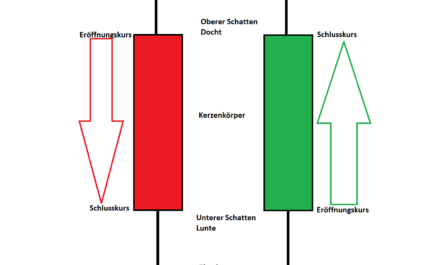Our grandparents’ generation had a good relationship with their bank advisor and liked to drop by the branch for a cup of coffee. In the end, it didn’t matter that they too might have left a lot of money in their investment. She was earning over 6% interest on the daily deposit account and was thus able to almost double her invested capital every ten years. There was no need to worry about retirement planning or deal with issues like inflation.
Two generations later, the tables have turned completely. In times of low interest rates, high rates of price increases and other problems surrounding the framework of the German pension system, low fees and honest advice are essential to avoid slipping into old-age poverty later on. But the financial industry often does not act in the customer’s best interest, even though the rosy times are long gone for them, too.
Do it yourself or outsource it?
Anyone who is concerned about their finances today basically has two options: Either you take the investment of money into your own hands and get the information you need for it from books or the Internet, or you outsource it to a third party. Of course, money must then be paid for this shortcut. However, as most banks and investment advisors do, this usually involves a conflict of interest that is not in the customer’s best interest. Large banking houses such as Deutsche Bank or the savings banks provide financial advice for their customers on request and invest their money according to their affinity for risk. Actively managed funds and bonds are usually the method of choice.
For this service, the banks do not take money directly from the customer, but receive commissions on the deal, and that is precisely the problem. Advisors are often required to achieve certain closing figures each month and present them to their supervisor. They have a great interest in selling as many products as possible. In addition, banks mainly offer products from their own house and not the entire portfolio of the market. The products that really make sense, such as ETFs or investing in individual stocks, are often not offered at all.
The bank advisor is more of a salesman than a supportive advisor. Therefore, one should always ask him about what one’s signature actually costs and what is in it for him in the end.
Bank and investment advisors are classic salespeople
The same applies to supposedly independent investment consultancies. They, too, usually work together with financial service providers and collect high commissions from them. Here, too, there is a conflict of interest that is borne on the back of the customer. Somehow the expensive company cars, the lavish salaries and above all the expensive advertising campaigns with well-known soccer coaches must be financed. Certainly, not all the products that banks and investment advisors sell may be bad and may well help investors to get more return out of their investment, but it is the high fees that have a huge impact on the long-term return. These include not only the costs of managing the securities account, but also the costs of holding the funds or the front-end load that is due with every deposit. The fee structures here are extremely creative.
Another scam that often costs customers dearly is the fact that the supposed advisors repeatedly make shifts when they talk about new, even better products. For this the existing Portfolio is dissolved and put into other products. Here the advisor cashes in once again and can continue to earn from his existing customers. The fact that such restructuring measures are not always meaningful and actually only cost money hardly interests them.
Honorary advisors have no conflict of interest
Who would like to give its financial investment really out of the hand, has only one chance to receive honest consultation: With an investment advisor who works on a fee basis. Then a high hourly rate of up to 200 euros becomes due for the consultation, for it is an investment, which will pay off in the long term. It costs once much money, for it however not durably and at the end jumps out with high probability a much more favorable product for the customer. The fee consultant can fall back on the total market and is paid for its actual work directly. He can act completely independently in the sense of the customer.
Keyfacts:
- low fees are essential when investing money
- bank advisors are more salesmen than consultants
- they are usually paid on a commission basis, which represents a conflict of interest
- high acquisition costs and permanently high fees cost a lot of returns
- with regular restructurings they continue to cash in
- fee-based consulting costs, but is worth it in the long run
- … or you take your investment into your own hands 😉







